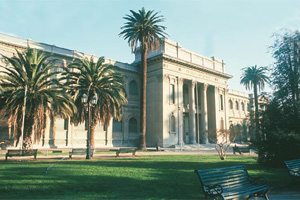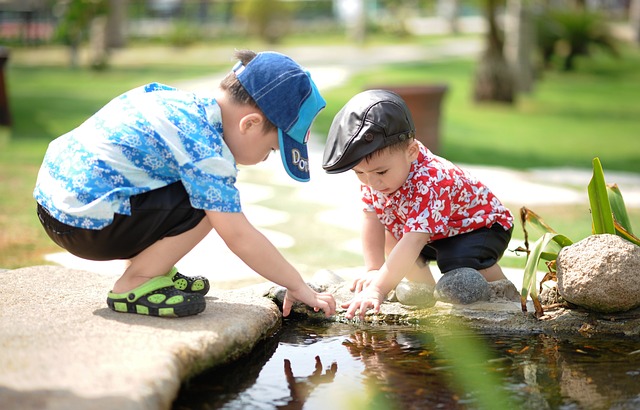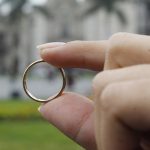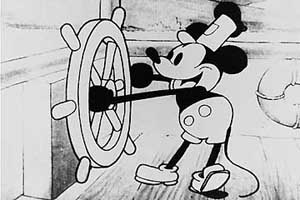He was born on September 19th, 1811 in Charlottenburg, Prussia, present day Germany.
He was the son of John Wilhelm Everhard Philippi and Maria Ana Krumwiede. In 1818, he moved with his family to Switzerland, where, along with his brother Rudolfo, he enrolled in the J. Heinrich Pestalozzi school, studying Natural Sciences and Languages. Then, he went to the Technical School of Berlin.
In 1830, he traveled to America, arriving to Chile the following year. However, he only stayed for a short time.
He returned in January of 1838, settling in Ancud, where he devoted himself to archeological excavations. There, he started a relationship with the civil authorities and began strengthening the idea of foreign colonization in light of the great amount of resources available for commerce and the great amount of farmable land. In 1840, he went to Hamburg (Germany), joining his brother Rodulfo in the city of Cassel. Together with him, he headed to Berlin with the objective of selling plant and mineral samples brought from Chile to the museums. He got a job at the Museum of Berlin as a collector of objects of Chilean flora and fauna.
The following year he returned to Chile and began to travel from Valdivia to Osorno with the objective of making maps. In addition, he was able to take note of the quality of land for colonization. In 1842 he performed two expeditions to lake Llanquihue, and one year later he was present for the taking of possession of the straight of Magellan.
On August 27th, 1848, the government of Manuel Bulnes named him colonizing agent, transferring to Europe along with his brother Rodulfo with instructions to bring along settlers.
In May on 1849, the first group of over 200 people set sail to Chile.
In April of 1852 he returned to Santiago after being called due to the change in government. Once in the capitol he heard that the minister of the Interior and Foreign relations, Antonio Varas had decided to relieve him of his colonizing duties and assigned him the governate of Magallanes.
Under his charge, in October of that same year Philippi wanted to pay a visit to a fuegino cacique and left with 7 men and an indigenous translator around Punta Arenas. However, he never returned and was considered missing.
Nearly a year after his disappearance, the new governor, Jorge C. Schythe ordered the inquiries to begin anew and the translator that accompanied Philippi confessed that the former governor had been killed by the indigenous people.








